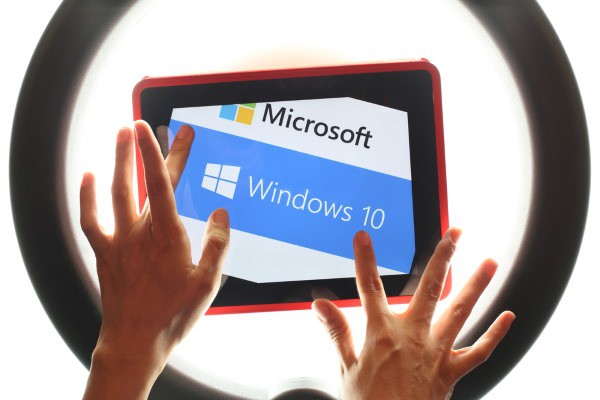Windows 10 phones home to Microsoft even if you change privacy settings

Many people regret upgrading to Windows 10, and many are put off from making the move to the latest version of Microsoft's operating system, because of concerns about privacy. The answer to privacy worries about Windows 10 features such as Cortana has been 'just don't use them', but it seems that this might not be enough.
Research carried out by Ars Technica shows that even with features disabled and privacy settings activated, Windows 10 continues to send information back to Microsoft. The data is sent by a series of tools including OneDrive, Cortana, and Bing -- even when a local account is used.
Ars Technica found a number of issues with the way Windows 10 communicates with Microsoft. Not all of them are cause for concern, but they are suspicious and strange nonetheless. For example, even on a system with no Live Tiles pinned to the Start menu, the operating system was found to connect to Microsoft -- using an unencrypted connection no less -- to download new tile information. Although no personal information is transferred during this process, it's clearly something that does not need to happen, and just adds fuel to the fire surrounding privacy.
While some traffic is fairly innocuous, some gives greater cause for concern. Even with OneDrive completely disabled and no Microsoft Account being used, Windows 10 appeared to send information back to a Microsoft server used by OneDrive. And there is more. The site says:
Even with Cortana and searching the Web from the Start menu disabled, opening Start and typing will send a request to www.bing.com to request a file called threshold.appcache which appears to contain some Cortana information, even though Cortana is disabled. The request for this file appears to contain a random machine ID that persists across reboots.
In conducting its tests, Ars Technica configured computers to use proxies in order to make it easier to monitor what was happening with network traffic. One disturbing discovery was that "Windows 10 seems to make requests to a content delivery network that bypass the proxy".
Responding to queries about what was happening, Microsoft said:
As part of delivering Windows 10 as a service, updates may be delivered to provide ongoing new features to Bing search, such as new visual layouts, styles and search code. No query or search usage data is sent to Microsoft, in accordance with the customer's chosen privacy settings. This also applies to searching offline for items such as apps, files and settings on the device.
The inclusion of a traceable ID number will be of concern to a lot of people, as will the fact that this sort of communication is carried out in the background despite users taking steps to avoid invasions of privacy.
Photo credit: Stanislaw Mikulski / Shutterstock